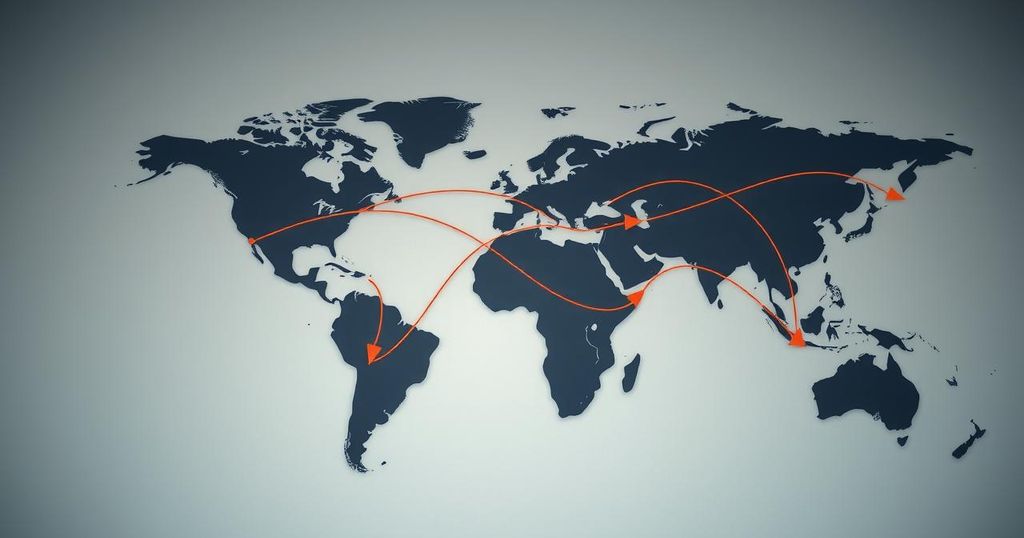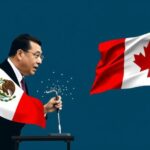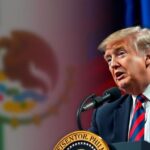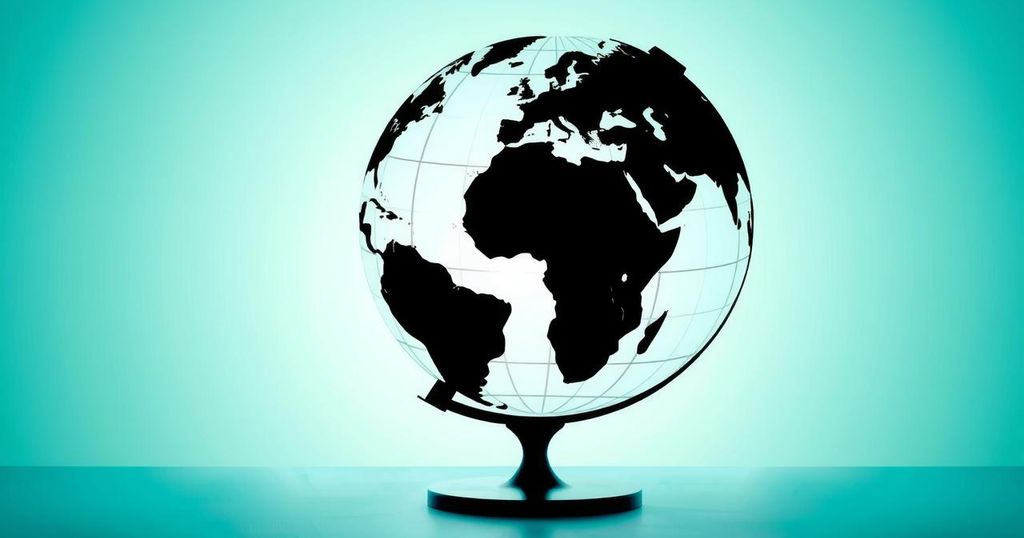Lighthizer Advocates High Tariffs Against China to Protect U.S. Economy
Robert Lighthizer, former trade chief under Trump, indicates that China poses a significant threat to the U.S. economic stability, advocating for high tariffs as a necessary strategy. Lighthizer emphasizes strategic decoupling and the need for a balanced trade relationship, amidst concerns about job losses and rising consumer prices due to tariffs. The ongoing trade discussions indicate the complexities of maintaining competitive economic relations in a changing global environment.
Robert Lighthizer, the former U.S. Trade Representative under President Trump, has expressed strong concerns regarding China’s rising economic power, emphasizing that tariffs are a necessary measure. He views China’s trade dominance as a significant threat to the United States, as the country has made aggressive moves in military and technology sectors, essentially waging an economic war against the U.S. over the past thirty years. Lighthizer has highlighted the need for strategic decoupling from China, proposing that comprehensive tariffs be placed on Chinese imports to rebalance trade relations.
Lighthizer suggests that tariffs of 50% to 60% could be applied to curb China’s influence, arguing that a controlled trade relationship is essential. He argues for an U.S.-centric trade policy, advocating selective investments and a disentanglement of technology flows, which mirrors China’s own protectionist practices. His historical connections, starting from his early career under Ronald Reagan to his pivotal role during Trump’s administration, have molded his advocacy for these tariffs.
The broader implications of tariffs have drawn attention, especially as statistics show significant job losses in the manufacturing sector. While Lighthizer believes that imposing tariffs can create better jobs domestically, economic experts caution that such measures could lead to increased consumer prices and potential job losses in dependent industries. As tariffs have historically been contentious, the consequences of a prolonged trade war with Canada and Mexico could diminish American economic resilience.
Consequently, while President Biden has implemented increased tariffs on Chinese electric vehicles, significant concerns linger surrounding the effectiveness of tariffs to protect American jobs and industries. The administration’s approach, including federal investments, is seen as critical in navigating the complexities of manufacturing in the current global landscape. Amid retaliation threats from trading partners, discussions surrounding the balance of power in global trade remain paramount.
In recent years, the dynamics of international trade have been impacted by the rise of China as an economic powerhouse. The use of tariffs has become a contentious topic in the United States, with political leaders divided on the effectiveness of such measures. Historically, tariffs have influenced economic conditions, job stability, and international relations, leading to significant debates about their long-term viability. As the global economy evolves, understanding the nuances of trade policy is essential for shaping U.S. economic strategy and ensuring national security.
The ongoing discourse regarding the use of tariffs as a tool for economic strategy reaffirms their polarized nature among policymakers and economists. While some argue that tariffs could offer protection and foster job growth, others caution against rising consumer prices and potential retaliatory measures from trading partners. As the world economy shifts, striking a balance between protectionism and free trade remains crucial for America’s future economic landscape.
Original Source: www.cbsnews.com








Post Comment